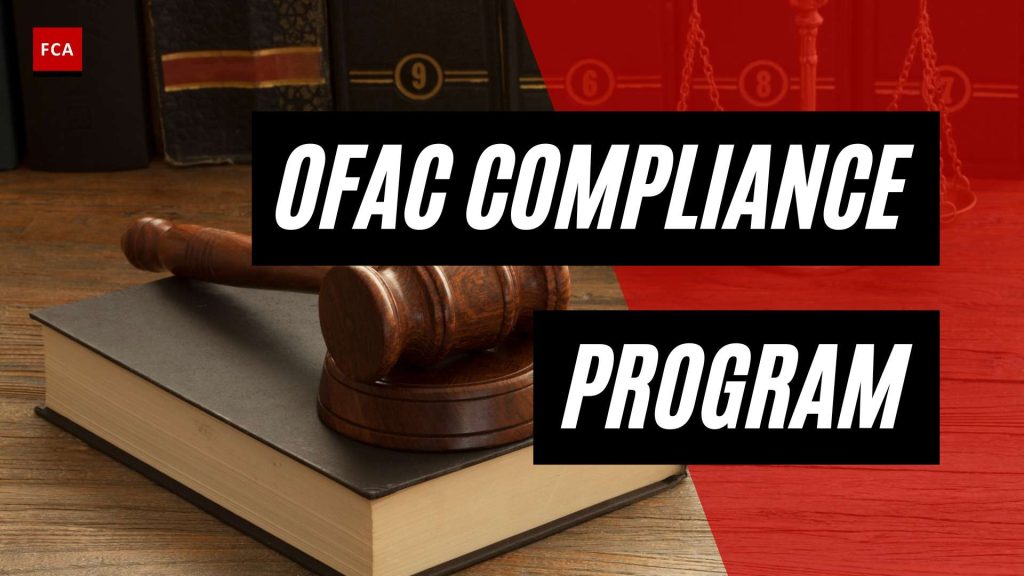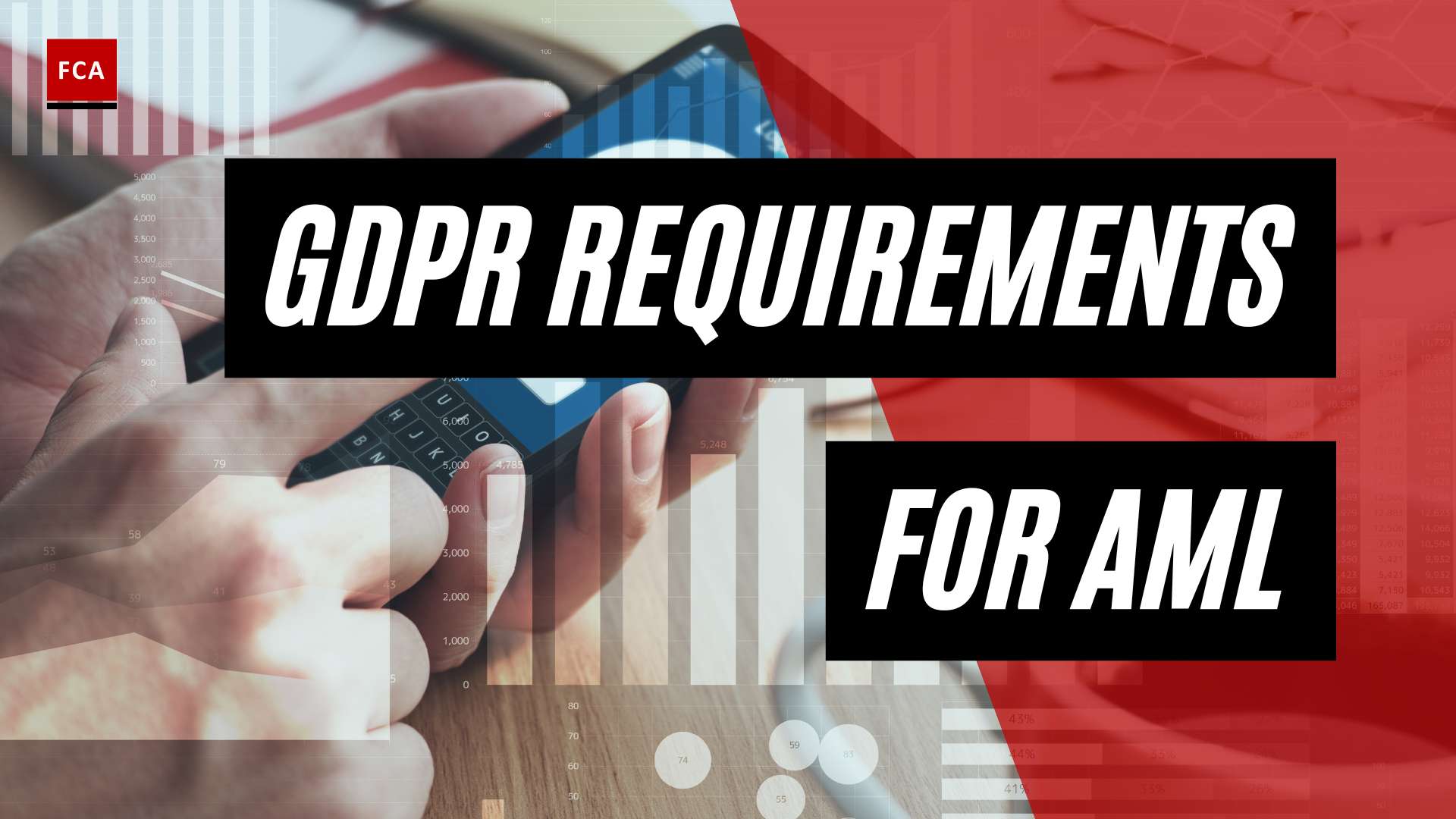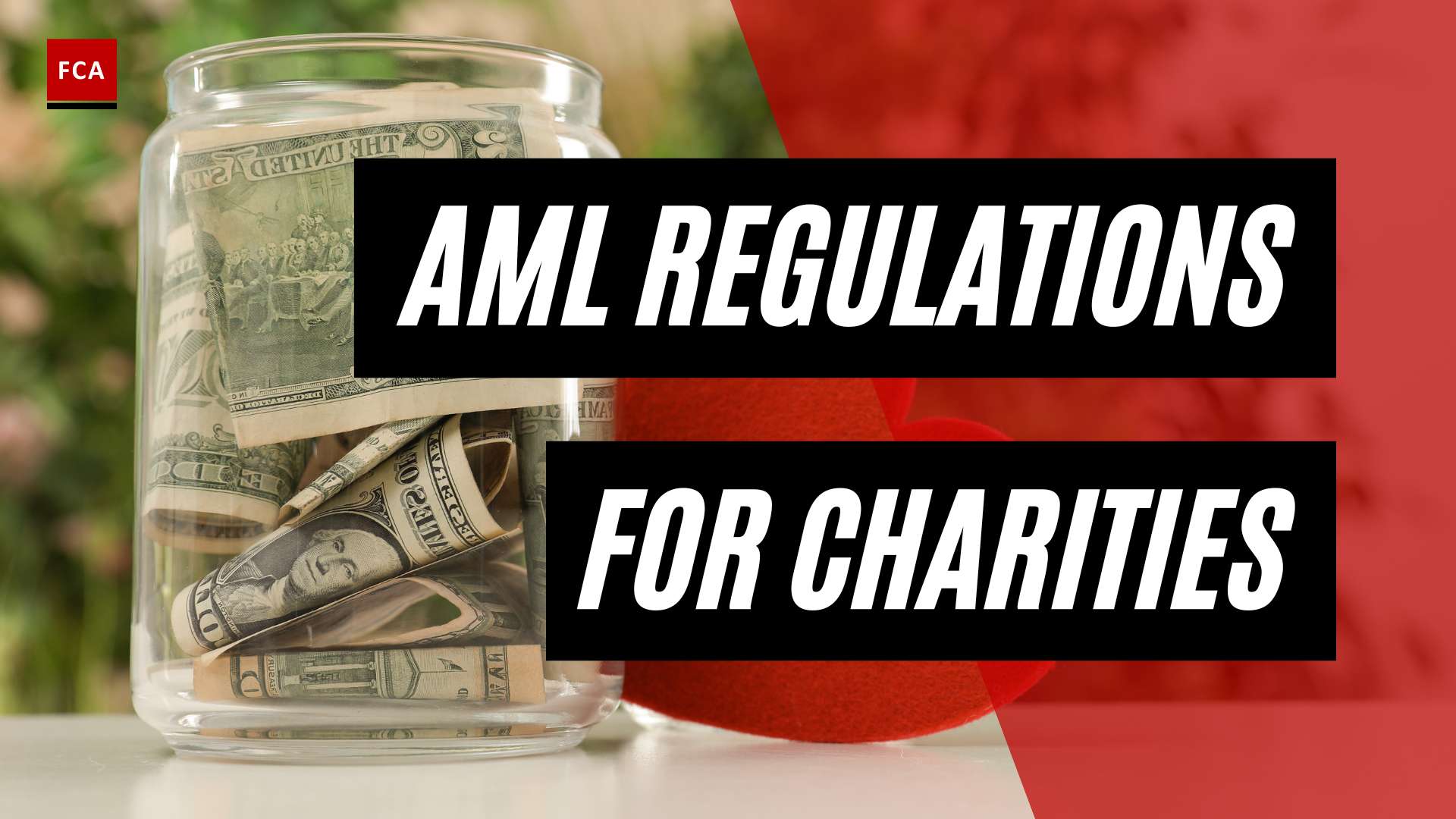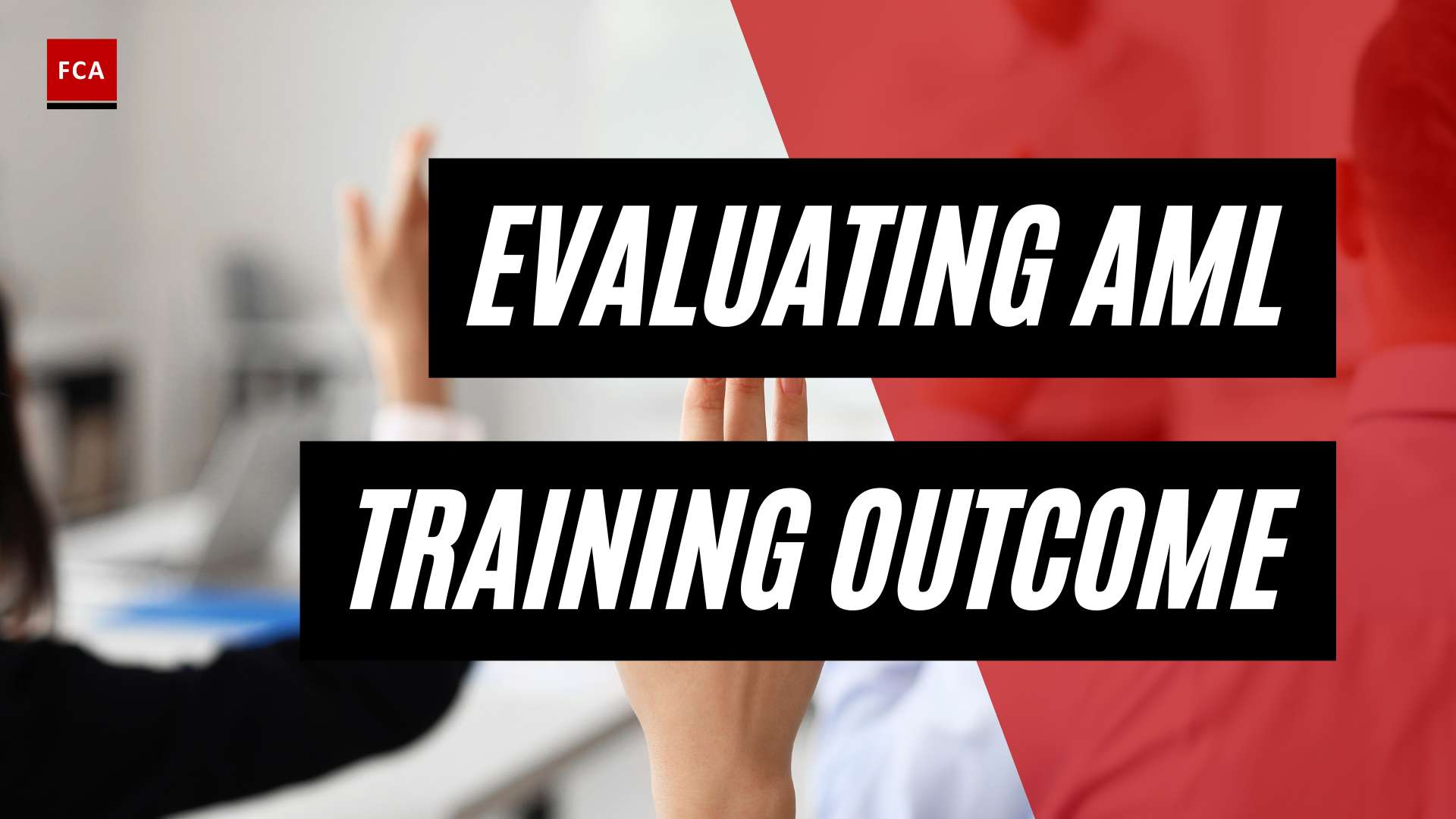Understanding OFAC Compliance
To effectively mitigate financial risks and ensure compliance with OFAC (Office of Foreign Assets Control) sanctions, it is essential to have a comprehensive understanding of OFAC and the consequences of non-compliance.
What is OFAC?
OFAC, a division of the U.S. Department of the Treasury, administers and enforces economic and trade sanctions based on U.S. foreign policy and national security goals. The primary objective of OFAC is to prevent individuals, organizations, and countries on the OFAC sanctions list from accessing the U.S. financial system and conducting business with U.S. entities.
OFAC regulations place restrictions on transactions with certain countries, entities, and individuals, prohibiting dealings with them or their assets. These restrictions are designed to combat terrorism, drug trafficking, money laundering, and other threats to national security. US companies are required to comply with OFAC regulations to avoid severe penalties, including steep fines and criminal charges (Dow Jones).
Consequences of Non-Compliance
Failing to comply with OFAC sanctions can have significant consequences for individuals and organizations. Violations can result in severe penalties, including civil penalties, criminal prosecution, and reputational damage (Exiger).
OFAC fines can be substantial, with penalties reaching as high as $250,000 per violation. In April 2022, a company settled for $6.1 million in penalties for engaging with an entity on the sanctions list without disclosure.
The repercussions of non-compliance go beyond financial penalties. Violations can result in damage to an organization’s reputation, loss of business opportunities, and strained relationships with financial institutions and partners. Therefore, it is crucial for organizations to establish and maintain effective OFAC compliance programs to mitigate these risks and ensure adherence to OFAC regulations.
In the following sections, we will explore the key components of an effective OFAC compliance program, including risk assessment, internal controls, policies, training and awareness, as well as the implementation of such programs to stay in compliance with OFAC regulations.
Key Components of an OFAC Compliance Program
To effectively mitigate financial risks and maintain compliance with OFAC sanctions, organizations need to establish a comprehensive OFAC compliance program. This program consists of several key components that work together to ensure adherence to regulatory requirements and minimize the potential for violations.
Risk Assessment
A crucial first step in developing an effective OFAC compliance program is conducting a thorough risk assessment. This process involves identifying and evaluating the areas of potential exposure to sanctioned entities or countries. By understanding the specific risks associated with their operations, organizations can tailor their compliance procedures accordingly.
The risk assessment should consider various factors, such as the nature of the organization’s business activities, customer base, geographic locations, and the complexity of transactions. It should also take into account the OFAC prohibited countries and entities.
Internal Controls and Policies
Establishing robust internal controls and policies is another essential component of an OFAC compliance program. These controls and policies define the framework within which an organization operates to comply with OFAC regulations. They provide clear guidelines and procedures for employees to follow when conducting transactions or dealing with customers.
Internal controls should include measures to prevent, detect, and report potential OFAC violations. They should cover areas such as customer due diligence, transaction screening, record-keeping, and reporting mechanisms. By implementing strong internal controls, organizations can effectively mitigate the risk of non-compliance and ensure a culture of compliance throughout the organization.
Training and Awareness
Training and awareness play a vital role in maintaining an effective OFAC compliance program. Employees at all levels of the organization should receive regular training on OFAC regulations, sanctions requirements, and internal compliance procedures. This training ensures that employees understand their responsibilities and are equipped with the knowledge to identify and mitigate potential risks.
Training programs should cover topics such as recognizing red flags, conducting proper due diligence, screening processes, reporting obligations, and responding to potential violations. By fostering a culture of compliance through training and awareness, organizations can enhance their ability to prevent and detect potential OFAC violations.
To assist organizations in developing and implementing an effective OFAC compliance program, the Office of Foreign Assets Control (OFAC) provides various tools and resources, including a compliance framework and guidance on compliance requirements. Organizations should regularly review and update their compliance program to keep pace with regulatory changes and evolving risks.
By incorporating risk assessments, internal controls, policies, training, and awareness, organizations can establish a robust OFAC compliance program. This program helps organizations identify and mitigate financial risks associated with sanctioned entities or countries, ensuring adherence to OFAC regulations and reducing the likelihood of non-compliance.
Implementing an Effective OFAC Compliance Program
Implementing an effective OFAC compliance program is essential for organizations to mitigate financial risks associated with non-compliance. In this section, we will explore three key components of an effective OFAC compliance program: vendor validation and due diligence, automated screening solutions, and reporting and self-disclosure.
Vendor Validation and Due Diligence
To ensure OFAC compliance, organizations should establish a robust vendor validation and due diligence process. This process involves conducting thorough checks on new vendors and suppliers to verify their compliance with OFAC regulations. By conducting due diligence, organizations can identify any potential risks associated with engaging with vendors from OFAC-prohibited countries and prevent inadvertent violations.
It is crucial for organizations to obtain any necessary licenses and perform ongoing monitoring of vendor activities to ensure continued compliance. Implementing a vendor validation process, conducting internal audits, and providing employee training can help organizations establish a culture of compliance and minimize the risk of engaging with sanctioned parties. Leveraging technology solutions, such as automated OFAC screening integrated into the ERP system, can streamline the vendor validation process and enable real-time monitoring, reducing the risk of compliance breaches.
Automated Screening Solutions
Automated screening solutions play a crucial role in an effective OFAC compliance program. These solutions enable organizations to screen transactions, entities, and individuals against the OFAC sanctions list in real-time. By utilizing technology, organizations can enhance their ability to identify and prevent interactions with sanctioned parties, minimizing the risk of compliance violations.
Automated screening solutions provide organizations with the ability to conduct checks swiftly and efficiently, reducing manual efforts and ensuring consistent compliance. These solutions can help organizations maintain up-to-date databases, promptly recognizing any matches to sanctions lists. It is important to ensure that the screening solution used is robust, reliable, and regularly updated to align with changing regulatory requirements (Exiger).
Reporting and Self-Disclosure
Reporting and self-disclosure are crucial elements of an effective OFAC compliance program. Organizations should establish procedures to promptly report any potential violations to OFAC, even if they are identified internally. Timely reporting demonstrates the organization’s commitment to compliance and can be considered a mitigating factor when determining penalties.
OFAC encourages voluntary self-disclosure, cooperation during investigations, and the implementation of effective compliance programs. Organizations should maintain records of all screening activities, including matches found and their resolution, to demonstrate compliance efforts. The self-disclosure deadline for potential violations is 30 days after awareness, but organizations can disclose violations at any time. By promptly self-disclosing violations and cooperating with OFAC, organizations can help mitigate potential penalties.
By implementing vendor validation and due diligence processes, leveraging automated screening solutions, and establishing reporting and self-disclosure procedures, organizations can develop an effective OFAC compliance program. Staying updated with OFAC regulations, conducting regular checks, and keeping comprehensive records are essential for ensuring compliance and mitigating financial risks associated with non-compliance.
Staying Updated with OFAC Regulations
To maintain an effective OFAC compliance program, it is crucial to stay updated with the latest regulations and changes implemented by the Office of Foreign Assets Control (OFAC). This section will explore three key aspects of staying updated with OFAC regulations: database scrubbing and frequency, timely recognition of sanctions list matches, and consulting with regulators and vendors.
Database Scrubbing and Frequency
Insurers and institutions have the flexibility to determine the frequency at which they should scrub their databases for OFAC compliance. However, it is important to note that assets of Specially Designated Nationals (SDNs) must be frozen immediately as per OFAC requirements. Delays in scrubbing databases could result in assets being removed from U.S. jurisdiction before they are frozen, leading to severe consequences.
While the frequency of database scrubbing may vary depending on the institution, it is essential to prioritize timely actions to freeze targeted assets. Scrubbing databases quarterly, for example, could result in a 3-month delay. Therefore, organizations should establish internal policies and procedures for database scrubbing to ensure compliance with OFAC regulations.
Timely Recognition of Sanctions List Matches
OFAC’s sanctions lists are subject to updates that may occur as frequently as a few times a week or as rarely as once a month. It is crucial for institutions to stay updated with these changes to ensure compliance with OFAC regulations. Timely recognition of sanctions list matches is essential to avoid potential implications for non-compliance.
Institutions should establish mechanisms and processes to promptly identify and review sanctions list matches. This can be achieved through the use of automated screening solutions that compare customer data against OFAC’s sanctions lists. By implementing robust screening processes, institutions can mitigate the risk of inadvertently conducting transactions with prohibited individuals, entities, or prohibited countries.
Consulting with Regulators and Vendors
To ensure the adequacy of an OFAC compliance program, it is advisable to consult with regulators and vendors. The specific needs of an institution’s customer base and business activities should be taken into consideration when developing a compliance program. Sectors such as international wire transfers and trade finance are considered higher risk.
There are various commercially available interdiction software packages that can aid in OFAC compliance. The cost and capabilities of these packages may vary, so consulting with other banks and vendors can help institutions evaluate their software needs. Additionally, OFAC provides free online tools for searching sanctions lists, which can be manually scanned as well (OFAC Treasury).
By consulting with regulators and vendors, institutions can ensure that their compliance program aligns with industry standards and best practices. This collaboration can help institutions stay informed about regulatory changes, technological advancements, and emerging trends in OFAC compliance.
Staying updated with OFAC regulations is essential for institutions aiming to maintain effective compliance programs. Regularly scrubbing databases, promptly recognizing sanctions list matches, and seeking guidance from regulators and vendors are key steps in mitigating financial risks and ensuring compliance with OFAC requirements.








